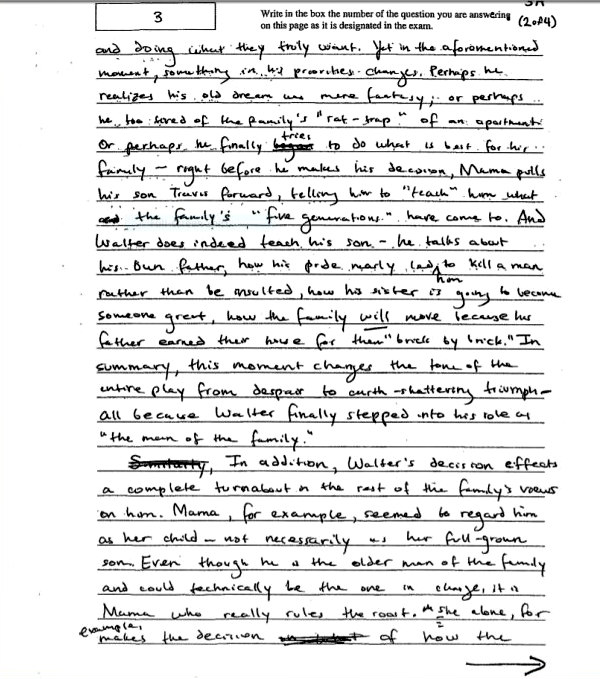

And, as with all preparation for the exam, identifying and analyzing these aspects of syntax gets easier and easier the more you read, study, and practice. Most is just giving terms to structures you are already very familiar with as a student of literature. In this next section we will be discussing the different types of syntax and how you can use them to strengthen your arguments, which will result in a higher score on the FRQ portion.ĭon’t be intimidated by the amount of information below. Just like with any other literary element, syntax can be employed to analyze whatever passage you are given on the AP® English Literature exam, whether prose or poetry. We can start to ask questions like why is this emphasized over that? What is the emphasis supposed to show us? Is the author hiding something deeper under the emphasis of something else? How can I use Syntax to Analyze a Text? Noting what the author is emphasizing through his or her syntax can help us access the point the author is trying to make. Syntax also allows the author to manipulate what the reader pays attention to in a particular passage of literature. Studying the emotions authors generate from syntax can help us add to our arguments about tone in particular. An abrupt change in syntax, say from long sentences to one short one, can show confusion or betrayal. Repetition can build up a feeling of anger or lust or passion.

EmotionĪlong with meaning, authors employ different sentence structures to create an emotion in a particular passage. This allows you, in your essay, to write strong sentences with this equation: employs to argue that. Syntax conveys meanings underneath the surface. That deeper, more complex meaning, however, is often hard to find by just looking at the author’s use of imagery or tone. Graders on the AP® English Literature exam typically award higher scores to those test takers who delve into the deeper, more complex meanings of a piece of literature. In a passage look for how an author uses syntax to push forward a particular meaning of the text. We’ll take a look at each before studying the nuts and bolts of how they do this and how you can analyze it. They vary the structure of their sentences, because it is a powerful way to convey three things to the reader: meaning, emotion, and emphasis. The great authors you read have a master over syntax, or sentence structure.

How Does Syntax Work? This tree shows the basic sentence structure of an English sentence. So let’s first go over in a bit more detail what function syntax serves in a passage you may be asked to analyze. It is your job to understand what the author is doing and, more importantly, why. The combination of all these different options for syntax help the author convey different meanings, different emotions, and different emphasis. Do you make the sentence long with many dependent clauses? Do you make your sentences short, choppy, rhythmic? Do you repeat the first word again and again? The last? The way you form that sentence is syntax. Imagine that you are sitting down at a table to write your grand masterpiece. To better understand what syntax is, consider for a moment that you are one of the authors that you’ve been studying in preparation for the AP® English Literature exam. We’re lucky that such a simple sentence comes pre-built with alliteration to help us remember. Quite simply put, syntax is sentence structure. But we’ll show you easy tips to start getting comfortable with it so that you, too, can add analyzing syntax to your tool belt. Many test takers ignore syntax, because it at first seems daunting.
#Ap lit essay grader how to#
In this article we will be going over what exactly syntax is, what function it serves, and how to analyze it for use in your essays on the AP® lit test. Ignoring syntax is the equivalent of an architect ignoring the structure of a house and instead focusing entirely on the color of the shutters or the design on the doormat. Syntax is a great starting point to dive into the emotions an author is trying to convey, the points the author is attempting to highlight, and the complexity lurking just under the surface of a passage. However, many test takers leave at home one of the most important, useful, and point scoring tool: analyzing syntax. Studying themes and tone are each nails necessary to drive down that coveted 9 score. Pinpointing specific diction is your measuring tape. Breaking down imagery is your screwdriver. It’s important to think of literary elements you’ve studied and mastered as tools in your belt that you’ll be metaphorically bringing with you on the day of your AP® English Literature Exam.


 0 kommentar(er)
0 kommentar(er)
